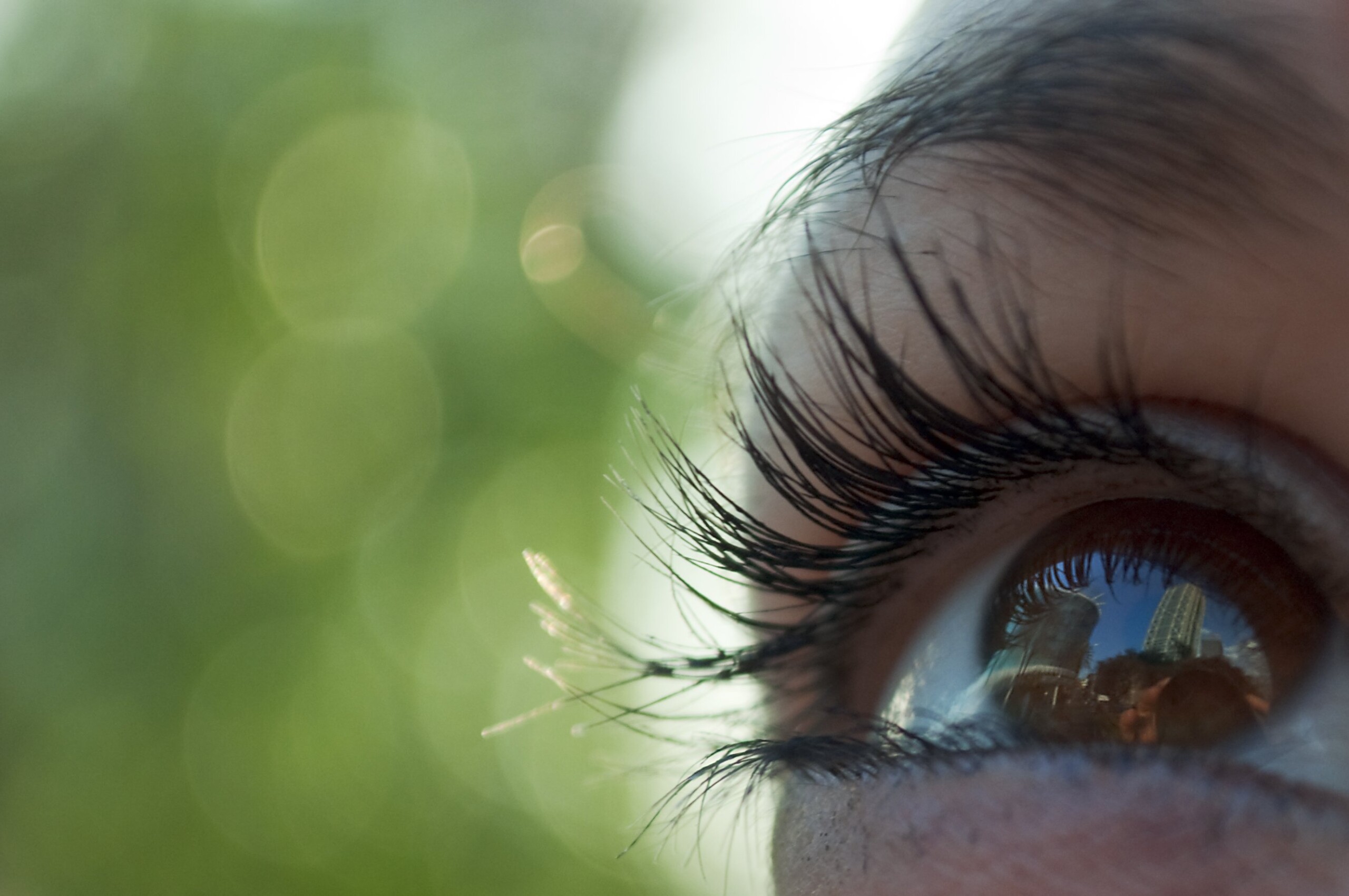Your perceptions of the health of others is largely influenced by your view of health and what you know about the person. Just like your view of your own health was influenced by your level of education, beliefs, family and more, so your perception of the health others is affected by them. However, unlike our view of our own health, we tend to judge others very superficially.
Many of us perceive elite athletes, models etc as healthy. Our society has worked hard to tell us that being healthy means being beautiful, but this is not the truth. Given that health consists of five dimensions and looks relates only slightly to one of them, than we cannot make health judgements based on this criteria alone.
 Our perceptions of the health of others is open to change. As our understanding of the person changes, as our education changes, as their health changes. In order to judge someone else’s health, it is important to have a better understanding of who they are? what they do? who is around them? and more. If we continue our example of the person who is beautiful, we may think that they are healthy, but then we question them and discover that they have no real friends, just lots of acquaintances. They spend lots of time in a gym, but also eat very little food, and it tends to be junk. This person also has no idea of their purpose in life, and although seems to be popular at school, rarely goes out and is emotionally abused at home. Suddenly our perception of their health changes.
Our perceptions of the health of others is open to change. As our understanding of the person changes, as our education changes, as their health changes. In order to judge someone else’s health, it is important to have a better understanding of who they are? what they do? who is around them? and more. If we continue our example of the person who is beautiful, we may think that they are healthy, but then we question them and discover that they have no real friends, just lots of acquaintances. They spend lots of time in a gym, but also eat very little food, and it tends to be junk. This person also has no idea of their purpose in life, and although seems to be popular at school, rarely goes out and is emotionally abused at home. Suddenly our perception of their health changes.
The video below helps to show how our preconceived ideas and bias influence our thought about, and also our actions towards others.
Just as you asked “how healthy am I? and how healthy do others think I am? the syllabus also asks you to examine perceptions of health by asking:
How healthy do I think other people are?
To do this, start by making judgements based on what you know about the person already (e.g. parents), and include people you know and that you don’t know. Then go and interview them. Find out about their social life, family, life purpose, goals, feelings, mental capacity, as well as their physical health. After interviewing them, provide a second judgment on their health and think about why your perceptions of the health of others has changed.
You can also do this to people groups, such as the elderly or the homeless (as is seen in the above video). We often think of the elderly and homeless as less healthy, but this is not always the truth. Until you know the person, they are perceptions of the health of others with little basis.

